CBD Powder
€45.90 – €373.75Price range: €45.90 through €373.75
CBD Powder: High-Purity Cannabidiol for Versatile Applications
Introduction to CBD Powder
CBD (Cannabidiol) powder is a versatile and potent form of CBD that can be used for a variety of applications, from personal wellness to scientific research. Derived from industrial hemp, CBD is a non-psychoactive compound known for its potential therapeutic benefits, including anti-inflammatory, analgesic, and anxiolytic properties. Our CBD powder offers high purity and consistent quality, making it ideal for diverse uses.
Product Description
High-Quality CBD Powder
- Form: Powder
- CBD Content: Typically available in various concentrations (e.g., 99% pure CBD isolate)
- Purity: High-purity CBD, free from contaminants such as heavy metals, pesticides, and residual solvents
- Packaging: Available in various quantities to suit different needs (e.g., grams, ounces)
Key Features
Exceptional Purity and Quality
Our CBD powder is produced under stringent laboratory conditions, ensuring a product of exceptional purity and quality. Each batch undergoes rigorous third-party testing to verify CBD content and ensure the absence of unwanted contaminants.
Versatility and Precision
The powdered form of CBD allows for versatile application and precise measurement, making it an ideal choice for personal use, product formulation, and scientific research.
Applications in Wellness and Research
Health and Wellness
CBD powder is widely used for its potential health benefits. Some of the commonly reported effects include:
- Pain Relief: CBD interacts with the endocannabinoid system to potentially reduce chronic pain and inflammation.
- Anxiety and Stress Reduction: CBD may have calming effects, helping to alleviate anxiety and stress.
- Sleep Improvement: Some users report better sleep quality and reduced insomnia.
Product Formulation
CBD powder is an excellent ingredient for formulating various CBD-infused products, such as:
- Edibles: Incorporate into foods and beverages for easy consumption.
- Topicals: Mix into creams, lotions, and balms for targeted relief.
- Capsules: Create custom-dosed capsules for precise intake.
Scientific Research
CBD powder is also valuable in scientific research, where precise dosing and high purity are crucial. Researchers can explore:
- Pharmacokinetics: Studying the absorption, distribution, metabolism, and excretion of CBD.
- Therapeutic Potential: Investigating the efficacy of CBD in various medical conditions such as epilepsy, multiple sclerosis, and anxiety disorders.
- Mechanism of Action: Understanding how CBD interacts with the endocannabinoid system and other molecular pathways.
Safety and Handling
Adherence to Safety Protocols
- Storage: Store in a cool, dry place away from direct sunlight.
- Handling: Use appropriate personal protective equipment (PPE) when handling the powder to avoid inhalation or contact with skin.
- Usage: Follow recommended dosage guidelines. Consult a healthcare professional before use, especially if pregnant, nursing, or taking other medications.
Conclusion
CBD Powder provides a reliable and high-quality option for those seeking the potential benefits of CBD for wellness, product formulation, or scientific research. With exceptional purity and versatile application, this powder is an essential addition to any wellness regimen or research study.
Order Now
Enhance your wellness journey, product development, or research capabilities with our premium CBD Powder. Place your order today and experience the potential benefits of high-quality CBD.
| Quantity in grams | 10, 2, 25, 5 |
|---|
Be the first to review “CBD Powder” Cancel reply
Related products
4F-ADB
4F-ADB
4F-ADB
Cannabinoids
4F-ADB

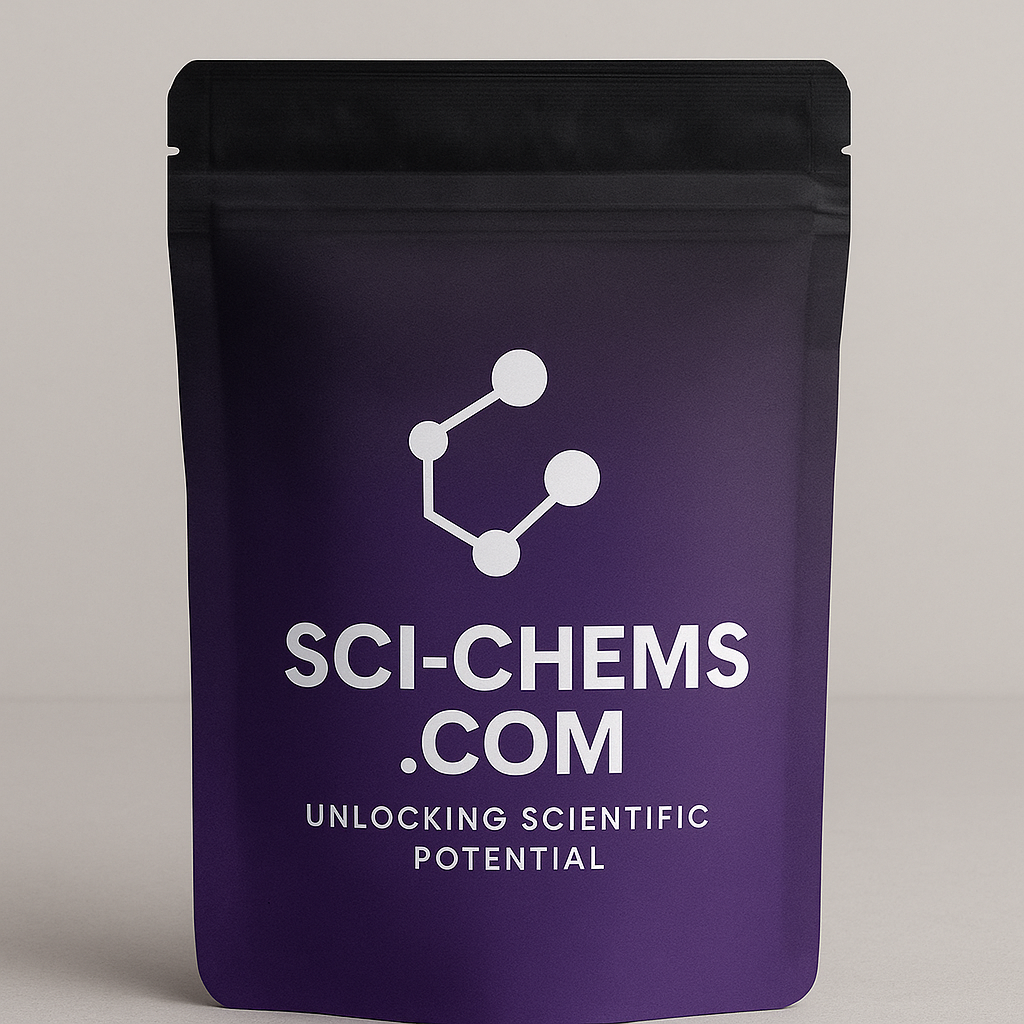
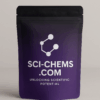
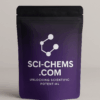
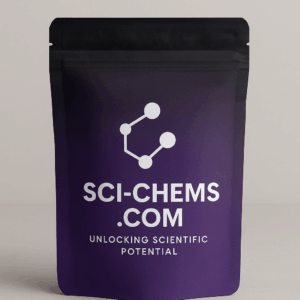
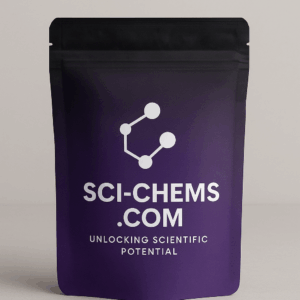
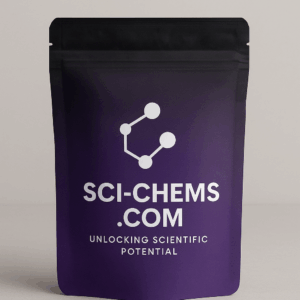
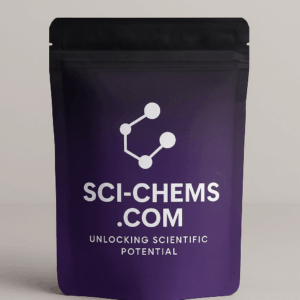
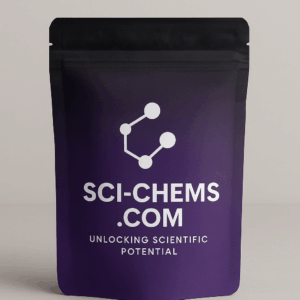
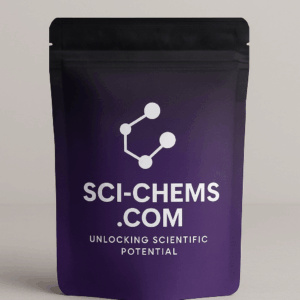
Reviews
There are no reviews yet.